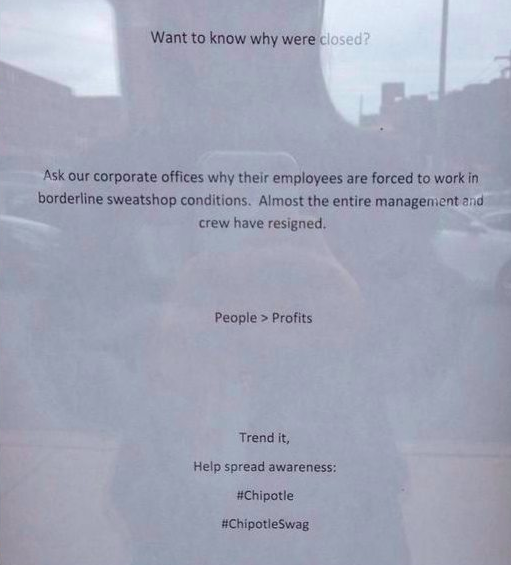The messaging technology today is ridiculous! There are so many ways to communicate it sometimes becomes really difficult to determine which technology to use for which messages. Think about it terms of breaking up. I remember the first girl I had to break up with in middle school. I had basically three ways to tell this girl I no longer ‘wanted to go out’, which entailed see each other at school. It wasn’t so much of going out, as it was meeting at school.
I could go right up to her face and tell her like a man. But I wasn’t a man, I was a boy, and that seemed like a really awkward way to communicate, face to face. I could write her a note, give it to my buddy, who would give to her best friend, who would then give it to her. This was the popular way but fraught with peril, as the message in these notes seemed to travel faster than the actual note. I could call her on the home phone. This always seemed best to me, but you still risked her mom or dad picking up, and that was a fate worse than the death!
I was listening to a couple of people talk the other day in a coffee shop, and the one was telling the other, she was finally going to tell off her boss. She had enough! You go girl! But, there was a problem. No way did she want to do this face to face. She had to determine the exact right way to do it, that came across professional, but also got the message across she was serious. (Yes, I listen to your conversation when I’m at a coffee shop acting like I’m working on my laptop)
I wanted to break in and help this poor girl with this problem, but that’s super creepy, so instead I’ll just fill you in on my take on each method:
1. Email – Seems like the logical communication method, knowing you don’t want to speak face to face. The problem is, it’s also very easy to copy and forward to HR. From a professional standpoint it’s hard to really give it to your boss on email, because you know it’s will be used against you. Still, I believe most people would use email.
2. Twitter – Probably the passive aggressive way to tell off your boss that is now in use! Twitter has become the playground for the disengaged workforce of our generation. You can tell off your boss and there is a 97% chance they’ll never see it, but many of your coworkers and friends will, and you’ll feel better. Plus, how much trouble can you actually get in with only 140 characters?
3. Facebook – First off, are you really ‘friends’ with your boss on Facebook!? If so, Facebook messaging could actually work for telling off your boss. Definitely a bit more personal than other methods, and it’s likely your boss would probably take it that way as well. It’s really more of a scream for help, than a tell off, though. If you actually post the tell off of your boss publicly on Facebook, well that’s just career suicide.
4. SnapChat – Smart move, because chances are your boss is older than you and will have no idea what’s going on until it’s too late to really do anything to copy it. But it’s logistically a nightmare, because you first have to get your boss to sign up with a snapchat account, which seems like a lot of work and hand holding to eventually just tell them off! But, I can still see this being better than doing it face to face for many people!
5. Skype with video – Better than just a telephone call, this one they can at least see you, and you them but you can always click off quickly and claim technology problems. This way you get all the benefit of telling them off to their face, but don’t have to wait around for their awkward measured responses.
6. Yammer – Okay, I’ll wait, go look it up. It’s like your own personal social network for your organization. Kind of like Twitter, but only for your own employees. This would be an epic way to get yourself fired, but probably not a great tool to tell off your boss!
I still like my 13 year old boy way the best. Tell one of your coworkers, who you know can’t keep a secret (you know the ones), all the issues you have with your boss. Wait about 3-4 hours and go in casually to ask your boss about a project. Your boss will ask you to come in and be super, super nice for some odd reason, almost like someone went and told him or her that you had a problem with them…

